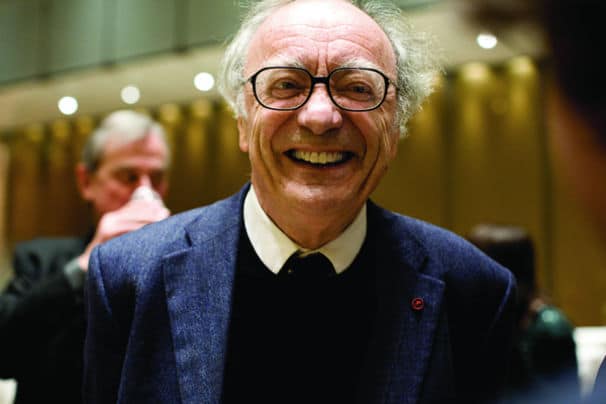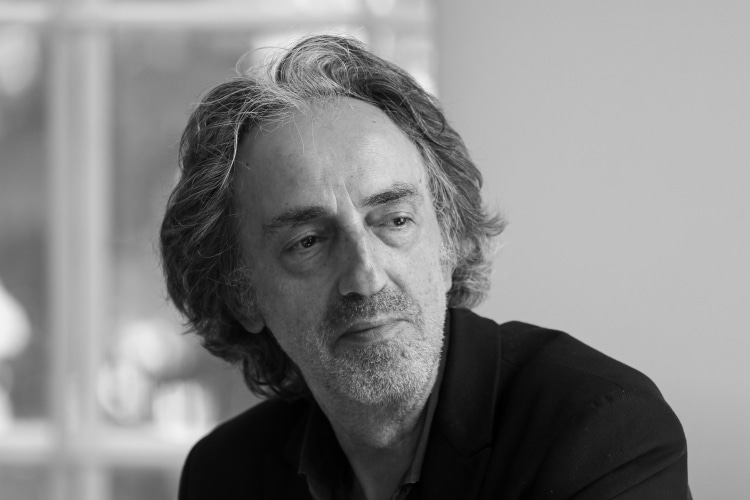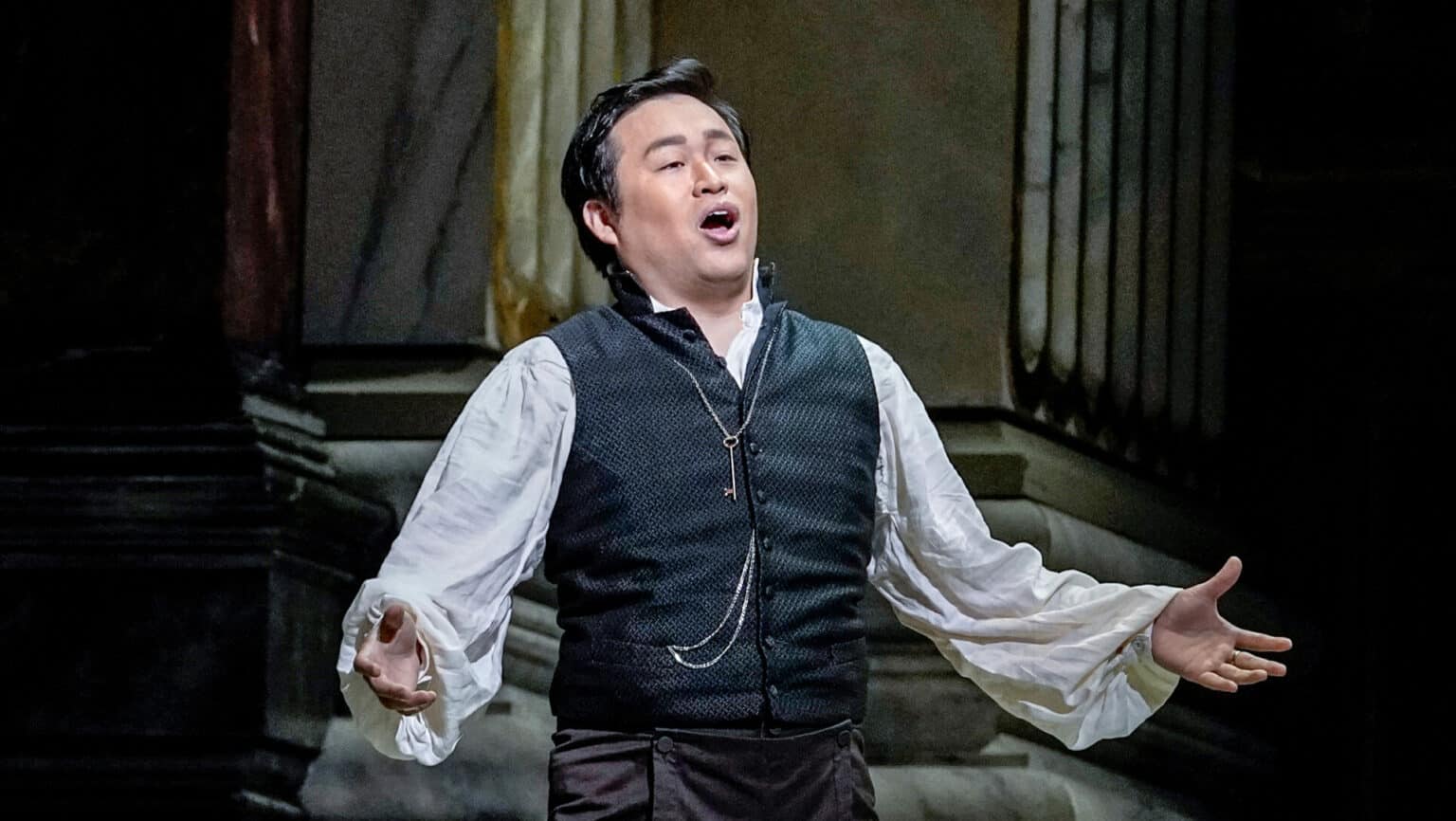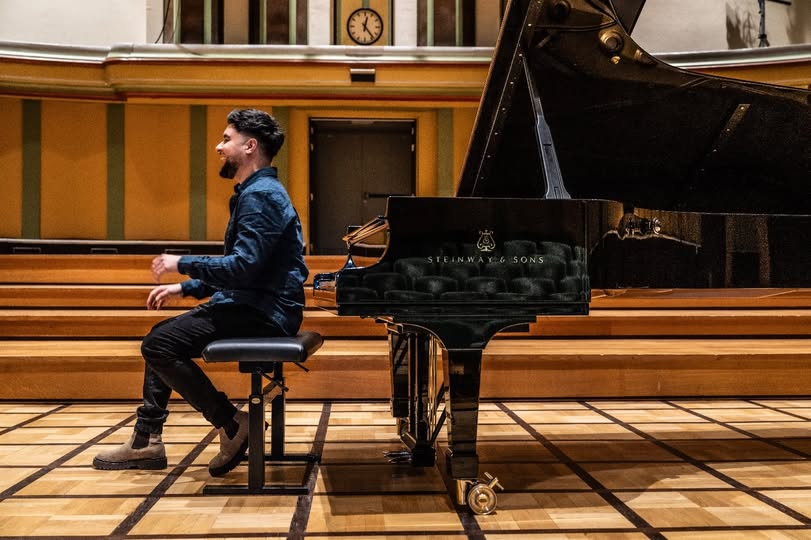The Slipped Disc daily comfort zone (65): A Pole with a Spanish soul
main


Arturo Benedetti Michelangeli, b. Brescia, January 5, 1920…

The death has been announced of Andrzej Klimczak,…

There has been a rush to repair the…

The Romanian migrant Ionut Cibotariu was working on…

Session expired
Please log in again. The login page will open in a new tab. After logging in you can close it and return to this page.
Lovely photo of Arthur with his producer Max Wilcox.
Read his amazing autobiography.
He was a young performer in Paris, bedded many rich women, who financed him, and then took off for South America. A very adventurous man.
fflambeau you probably read the memoirs a long time ago! Rubinstein was a very proud Pole; yes he loved women, not just in Paris, everywhere. There is not one example of one “financing” him and hardly any who were even “rich”. He actually hated receiving help from anyone and was eternally grateful to generous patrons in his early youth like Prince Wadysław Lubomirski and Josef Jaroszynski, even Sergei Koussevitzky. His deep aversion to receiving financial help started when he was 10 in Berlin and benefitted from the generosity of Josef Joachim, Brahms’ friend, who gathered a group of rich sponsors to pay for his living and education in Berlin. The little boy refused to let his mother join him there, not wanting to add to the financial burden on them. The pain he caused her then haunted him for the rest of his life.
Harvey Sach’s biography quotes a letter from Karol Szymanowski (whose money and estate had been lost in the Bolshevik revolution) written in the 20s to his family: …”he (Rubinstein) has some position and money behind him now (not so much to tell you the truth, as they say – entire nous) and is handing it out left and right to all who need it and never refusing to help. This is an extremely nice quality of his, all the more so as he does it with extraordinary delicacy. This happened with me, too – of course I didn’t ask him for money, but he forced me to take a cheque book which I could use to draw on several hundred pounds. He took me to the tailor, prepared things, etc. etc. The money I sent to Mama is of course also from him, and the thing that enchanted me in him was that he handed me all the cheques directly so that I would be completely free in my faits et gestes and would not feel any impediment in sending money to my family, for instance, in this regard he is really delicate in an elegant way…”
You never heard about this from Rubinstein himself but I doubt you know many people who would hand you a cheque book on their account to use as you please! He was generous to a fault and certainly no sponger!
He was very fond of Latin American countries from relatively early age.
I spoke to him on one of his visits to Buenos Aires. He spoke Spanish fluently.
And judging by the enthusiastic responses he received to his performances in Latin America early in his career – the feelings were entirely mutual!
I also enjoy his rendition of Falla’s Ritual Fire Dance.
https://www.youtube.com/watch?v=Ls4715k5lDw
“[I first] played it in Madrid, and you know, if I hadn’t repeated it for the third time I might have been killed. The audience wouldn’t let me go on. They shrieked and yelled. I was unwilling to play three times the same piece, but they wouldn’t let me go off. Then I discovered that that was a piece which absolutely fascinated all the audiences of the world, including Chinese, Japanese, wherever you can imagine. I think that when the moon will be open for concerts I will play right away the ‘Fire Dance’ and I might get away with it.” (AR, interview)
The youtube clip you link is just extraordinary. The audience is about to storm the stage, but in a very respectful manner. Even the orchestral musicians are viewing from the edges to hear him play. And, he gives a bit of a show. He’s always a favorite.
In his Academy Award winning film “Love of Life” there is a scene where Rubinstein is sitting in his house in Marbella, discussing the Ritual Fire Dance – he says “That piece paid for this house!”
And a heart full of love! Thank you Norman!
In his biography it can be read: «In my head and in my heart I only have four or five unforgettable dates. One of them is that of my first concert in Spain, on the 15th, in San Sebastián. It was summer. I really wanted to go and I just happened to be there. Maestro Arbós sent me a telegram to replace a pianist. This opened up my success. I will never forget it and I have touched and proclaimed it everywhere ». We could add that King Alfonso XIII granted him a Spanish passport -Spain was a neutral country in the war- that guaranteed him to be able to travel freely
during the First World War. Rubinstein was Polish and Poland was under Russian rule.
Sorry. I wanted to say autobiography.
Everyone agrees Rubinstein excelled in Spanish music,– this beautiful Granados, Falla’s “Nights in the gardens of Spain” and Fire Dance”, and especially the proud machismo of Albeniz’s “Navarro”, which he said he played at least once in every concert, and recorded three times, leaving out half the notes and tightening the musical rhetoric of which he was master.
to hear other try to play what Albeniz actually wrote is almost painful. Even Gilels struggles, although the extraordinary Esteban Sanchez, Alicia de Larrocha, and Marc-Andre Hamelin come close. Although I saw Rubinstein play many times, “Navarra” was never on my programs.
Rubinstein said he played his “Navarra” version for Albeniz’s widow after much urging, and she said it was like her husband’s, also free of the text. She was overcome at the end, and to make a diversion he asked aAlbeniz’s daughter if her father had played like that. “Oh, no, he listened more.”
A lovely, delicious memoir of Rubinstein from Lady Weidenfeld, who had the envible advantage of his friendship. A thousand thanks.
I’d heard of his protogee Fialkowska, and earlier of Maryla Jonas, but not of Duchable. What a grand spirit and great heart!
His early friendship with Szymanowski and Heinrich Neuhaus, whom he visited in hospital when he last played in Moscow, fortunately recorded, with four splendid Chopin etudes new to his discography. And the 90th birthday film of Chopin’s E-minor concerto, still intact.
Strangely, I never tried to meet Rubinstein, go backstage after recitals, &tc. I was so completely satisfied and enraptured by what I heard that I thought of nothing more. It must have been 1948 or 1949 when I first say him play, in Dallas with Dorati, Tchaikovsky concerto, but already I had his records.
Virile, passionate Chopin polonaiss and mazurkas, but also ideal Beethoven, Brahms, Mozart, and of course the Spanish pieces he played.
To see him stride on stage, bow, vlip his tails and shoot his cuffs, then at some point bouncily lift off the bench, was itself a performance.
Rubinstein’s love-affair with Hispanic music extended to Heitor Villa-Lobos, who returned the favour by dedicating his “Rudepoema” to Rubinstein, calling it a musical portrait of the pianist. I think Rubinstein was bemused, but played it a few time like a good sport. I can’t make out any resemblance.